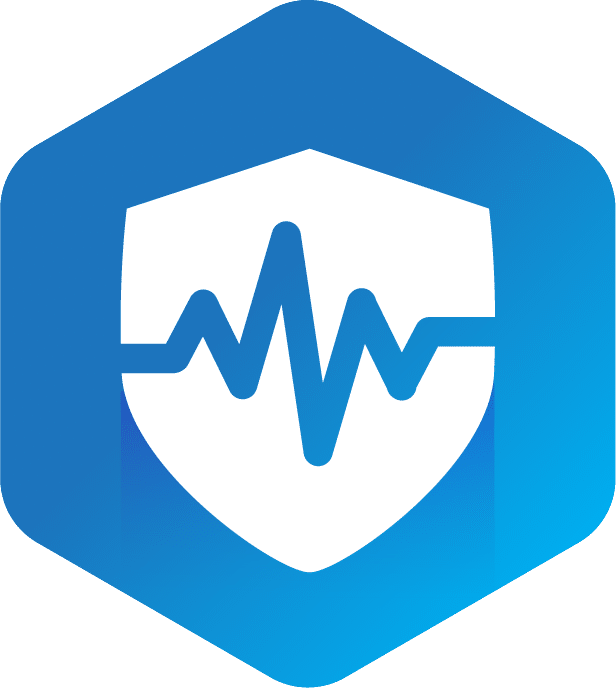Managing HIPAA compliance during COVID-19 calls for balancing patient confidentiality with public health needs. The OCR has issued guidance to adapt to the pandemic, emphasizing permissible PHI disclosures for treatment, public health, and emergency situations. Authorized use of telehealth platforms like Zoom has been expanded under enforcement discretion, ensuring continuity of care and patient safety. Providers must remain vigilant about data security and maintain rigorous oversight of PHI disclosures, especially to first responders. Detailed comprehension and adherence to these evolving guidelines are essential for effective response and compliance. Explore further to understand all facets and intricacies.
The Office for Civil Rights (OCR) has diligently monitored compliance with the HIPAA Privacy Rule throughout the COVID-19 pandemic to safeguard that patient information remains protected while allowing necessary flexibility for public health and safety.
OCR enforcement has played a vital role in ensuring that healthcare entities adhere to privacy standards. Through rigorous privacy monitoring, OCR has issued Bulletins, Notifications of Enforcement Discretion, and a variety of resources to guide entities in maintaining compliance.
These measures have been essential in balancing the need for swift, efficient public health responses with the imperative to uphold patient confidentiality, reflecting OCR’s commitment to rigorous oversight and adaptability in unprecedented circumstances.
Permissible disclosures of Protected Health Information (PHI) during the COVID-19 pandemic have been meticulously delineated to guarantee both compliance with HIPAA regulations and the facilitation of necessary public health measures. Under these guidelines, healthcare providers can disclose PHI without patient consent in specific contexts:
These measures ensure crucial information flow while upholding patient privacy standards.
In response to the COVID-19 pandemic, the Office for Civil Rights (OCR) issued a Notification of Enforcement Discretion allowing healthcare providers to use non-public facing communication applications like Zoom for telehealth services without facing penalties for noncompliance with HIPAA rules.
This temporary measure ensures continuity of care through telehealth platforms while maintaining patient safety during remote consultations. Providers are encouraged to use these platforms for a range of medical services, not limited to COVID-19 cases. This flexibility is essential for maintaining healthcare access, particularly for vulnerable populations.
It is imperative that healthcare entities remain aware of these guidelines to effectively navigate the evolving landscape of telehealth and uphold compliance with HIPAA regulations.
Amid the COVID-19 pandemic, the use of communication apps such as Zoom for telehealth has been sanctioned under a Notification of Enforcement Discretion by the Office for Civil Rights (OCR), enabling healthcare providers to continue delivering essential services remotely while temporarily relaxing certain HIPAA compliance requirements. This provision facilitates secure platforms for virtual consultations, ensuring continuity of care.
Key considerations for healthcare providers include:
Healthcare providers must navigate specific guidelines when disclosing Protected Health Information (PHI) to first responders during the COVID-19 pandemic to guarantee both compliance with HIPAA regulations and the safety of individuals and communities.
This delicate balance is critical for effective emergency response and ensuring patient safety. The HIPAA Privacy Rule permits disclosure of PHI to first responders without patient authorization when necessary for treatment purposes or to prevent a serious threat to health and safety.
However, covered entities must limit disclosed PHI to the essential level. Proper adherence to these guidelines is essential to protect patient confidentiality while allowing first responders to access crucial information needed to manage the pandemic effectively.
While ensuring the proper handling of PHI for first responders is paramount, it is equally important to uphold civil rights obligations during health emergencies such as the COVID-19 pandemic. Adhering to civil rights principles ensures health equity and the protection of vulnerable populations.
The OCR emphasizes that covered entities must:
These directives are essential for maintaining public trust and ensuring that the healthcare system serves all individuals fairly during crises.
Guaranteeing non-discrimination in healthcare settings during the COVID-19 pandemic is essential for maintaining equitable access to medical services and safeguarding the rights of all individuals.
Adherence to Civil Rights obligations is paramount, as healthcare providers must make sure that their practices do not result in Discrimination Prevention failures.
The Office for Civil Rights (OCR) emphasizes that entities receiving HHS funding must not discriminate based on race, color, national origin, disability, age, or sex. This includes ensuring reasonable accommodations for individuals with disabilities and providing language access services.
The OCR’s recent measures have provided pivotal relief for business associates by waiving penalties for the good faith use and disclosure of PHI for public health activities during the COVID-19 pandemic. This enforcement discretion allows business associates to support critical public health and oversight efforts without fear of punitive action, provided they adhere to specific responsibilities and guidelines.
Key components include:
These measures underscore the importance of business associates in managing PHI responsibilities during unprecedented times, bolstering coordinated public health responses to the pandemic.
The labyrinth of HIPAA compliance during the COVID-19 pandemic has necessitated a finely tuned symphony of regulatory adaptations and best practices.
Through the vigilant orchestration of the OCR, healthcare entities have been guided to maintain the delicate balance between privacy and public health imperatives.
As the tempest of the pandemic continues, adherence to these evolving guidelines remains paramount, ensuring that the sanctity of patient information is preserved while steering through the turbulent seas of unprecedented healthcare challenges.

